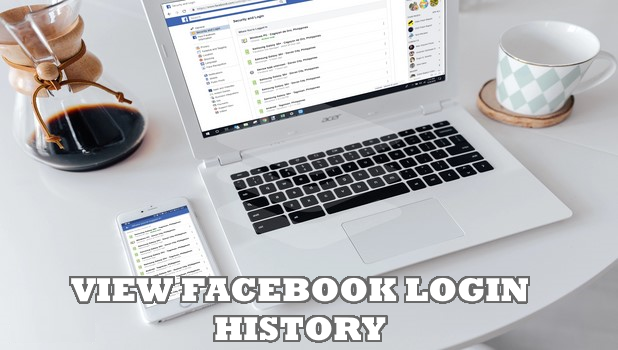Don't Miss
Is FunzCity Casino Legal to Play in the US? Find Out Now!
Key Highlights Here is a fast look at what you should know about FunzCity Casino: FunzCity Casino is a legal sweepstakes casino. It works in most...
TAR Decoded: How to Untar Files in Ubuntu Like a Pro
Learning how to untar files in Ubuntu can be tricky if you are first going through this. In Linux-based operating systems like Ubuntu, TAR...
Affordable Web Hosting for Small Business: Boost Your Success
If you’re on a hunt to chose the best web hosting for your small business, you’ve probably realized that tons of companies are providing...
The Best Programming Languages to Learn in 2024
The world of technology is ever-evolving, and the landscape of programming languages is no different. As we find ourselves in 2024, certain languages have...
read the latest reviews
Betwinner Philippines: The Coolest Spot for Sport Enthusiasts January, 2026
Betwinner blasts through its competition in the Philippines! As you all know, online betting is all the rage in the recent years, but finding...
King Billy Casino Philippines Review: Join the Royal Court January, 2026
In the captivating world of online gambling, one name that shines brightly among Filipino players is King Billy Casino. Situated in the heart of...
River Belle Casino New Zealand Review: Hop on the Boat January, 2026
Since its establishment in 1997, River Belle Casino New Zealand has been a stalwart in the online gaming community. The platform is captivating players...
Jackpot City Casino New Zealand Review: Uncovering Secrets January, 2026
Jackpot City Casino in New Zealand promises a top-tier online gaming experience. With a diverse array of games, including slots, table games, and live...
Zodiac Casino New Zealand Review: Unveil Your Lucky Stars January, 2026
Nestled within the vast landscape of online casinos, Zodiac Casino stands as a constellation of its own for Kiwi gamblers. Renowned for its astrological...
Latest Articles
Is FunzCity Casino Legal to Play in the US? Find Out Now!
Key Highlights Here is a fast look at what you should know about FunzCity Casino: FunzCity Casino is a legal sweepstakes casino. It works in most...
Is Wild World Casino Legal in the United States? A Review
Key Highlights Wild World Casino is a social casino. This means it is legal to use in most US states because it works under sweepstakes...
Is Zula Casino Legal in the US? What You Need to Know
Key Highlights Zula Casino is a sweepstakes casino. This means it is legal to use in most US states. You can play many casino games with...
Is Baba Casino Legal in the United States? Find Out Here
Key Highlights Baba Casino is a sweepstakes casino. This means it is legal in many places in the US. The platform is not a real money...
Is Jackpot Rabbit Casino Legal to Play in the US? A Review
Key Highlights JackpotRabbit works as a legal sweepstakes casino for most people in the US. It uses a special way where you play with virtual...





Recent Comments